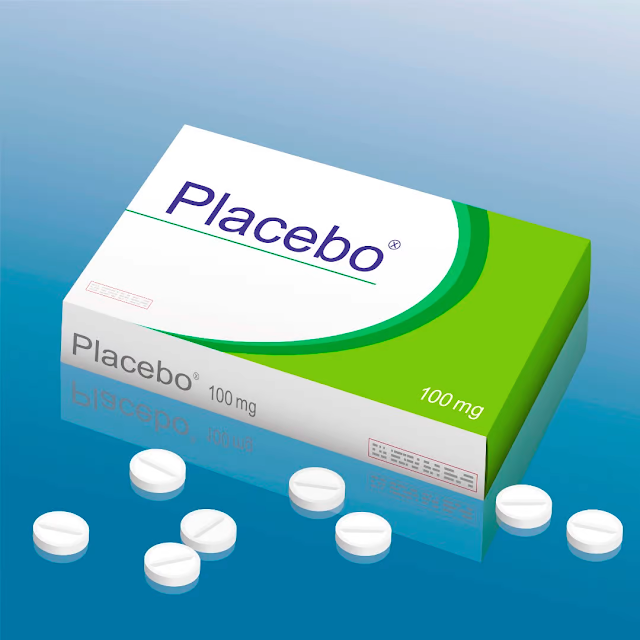Recognizing Signs of Substance Use Disorders
By Anthony Licciardone
Anthony is a graduate student at the University of San Diego pursuing his Master’s in Clinical Mental Health Counseling. He is passionate about increasing accessibility and reducing the stigma surrounding mental health for college students. Before joining Health Services, Anthony volunteered as a hotline counselor, providing clients with emotional support, crisis intervention, and referral to community resources and basic needs case managers.
Substance use disorders (SUDs) are defined by the American Psychiatric Association as the inability to control substance use despite harmful consequences (2022). Substance use disorders are often accompanied by a cluster of cognitive, behavioral, and physiological symptoms. It is important to note that not all substance use can be categorized as a SUD. While substance use can manifest differently depending on the individual, some common early signs of a SUD include:
Physical Warning Signs
- Bloodshot eyes
- Dilated pupils
- Changes in appetite, sleeping, appearance, or hygiene
- Impaired coordination
- Shakiness, trembling, or incoherent speech
Behavioral Warning Signs
- Withdrawing from loved ones
- Ignoring obligations or responsibilities
- Secretive or suspicious behaviors
- Sudden change in friends, interests, or hobbies
- Impaired decision-making
Psychological Warning Signs
- Unexpected changes in personality
- Sudden changes in mood, irritability, or emotions
- Lack of motivation
- Decreased self-esteem, motivation, and enjoyment
- Increased fear and anxiousness
Most importantly, there is no one-size-fits-all approach to managing or treating substance use disorders. If you or someone you know is struggling with a substance-related issue, it is important to talk to someone you can trust. You can speak with a mental health professional on-campus or learn about off-campus options by contacting MiraCosta College Health Services.
MiraCosta College Health Services
- 760-795-6675
- mccshs@miracosta.edu
- www.miracosta.edu/healthservices
BeWellLine
- Need to talk? Both voice and chat options available.
- 866-349-6821
- www.BeWellLine.com
References
American Psychiatric Association. (2022). Diagnostic and statistical manual of mental disorders. (5th ed.).Department of Mental Health & Substance Abuse Services. (n.d.). Warning signs of drug abuse. Tennessee State Government - TN.gov. https://www.tn.gov/behavioral-health/substance-abuse-services/treatment---recovery/treatment---recovery/prescription-for-success/warning-signs-of-drug-abuse.html
Gateway Foundation. (2023, October 30). Signs and symptoms of drug abuse. Gateway Foundation. https://www.gatewayfoundation.org/about-gateway-foundation/faqs/signs-and-symptoms-of-drug-abuse-in-adults/
High Focus Centers. (n.d.). Substance abuse early warning signs. High Focus Treatment Centers. https://rehabafterwork.pyramidhealthcarepa.com/spot-the-early-warning-signs-of-substance-abuse/




Comments
Post a Comment